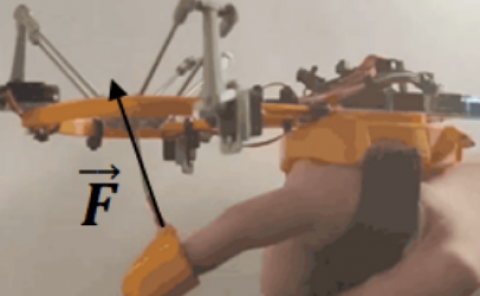Toward Development of Machine Learned Techniques for Production of Compact Kinetic Models
PubDate: Feb 2022
Teams: Trinity College Dublin;2Siemens Energy Canada;McGill University
Writers: Mark Kelly, Mark Fortune, Gilles Bourque, Stephen Dooley
PDF: Toward Development of Machine Learned Techniques for Production of Compact Kinetic Models

Abstract
Chemical kinetic models are an essential component in the development and optimisation of combustion devices through their coupling to multi-dimensional simulations such as computational fluid dynamics (CFD). Low-dimensional kinetic models which retain good fidelity to the reality are needed, the production of which requires considerable human-time cost and expert knowledge. Here, we present a novel automated compute intensification methodology to produce overly-reduced and optimised (compact) chemical kinetic models. This algorithm, termed Machine Learned Optimisation of Chemical Kinetics (MLOCK), systematically perturbs each of the four sub-models of a chemical kinetic model to discover what combinations of terms results in a good model. A virtual reaction network comprised of n species is first obtained using conventional mechanism reduction. To counteract the imposed decrease in model performance, the weights (virtual reaction rate constants) of important connections (virtual reactions) between each node (species) of the virtual reaction network are numerically optimised to replicate selected calculations across four sequential phases. The first version of MLOCK, (MLOCK1.0) simultaneously perturbs all three virtual Arrhenius reaction rate constant parameters for important connections and assesses the suitability of the new parameters through objective error functions, which quantify the error in each compact model candidate’s calculation of the optimisation targets, which may be comprised of detailed model calculations and/or experimental data. MLOCK1.0 is demonstrated by creating compact models for the archetypal case of methane air combustion. It is shown that the NUGMECH1.0 detailed model comprised of 2,789 species is reliably compacted to 15 species (nodes), whilst retaining an overall fidelity of ~87% to the detailed model calculations, outperforming the prior state-of-art.


